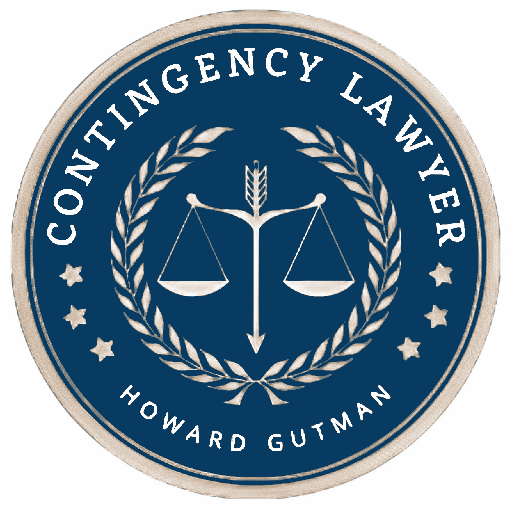Concerns about the high cost of litigation are common. While some individuals or businesses may not hesitate to pay legal fees equal to or exceeding the amount recovered to uphold a principle, most seek a net recovery. Traditional legal fee agreements typically bill clients based on the time expended, making them responsible for unexpected costs, delays, adversarial parties and their counsel, new factual or legal issues, lengthy discovery processes, and other variables. However, when attorneys are paid regardless of the outcome, their willingness to handle a claim on an hourly basis may not accurately reflect their assessment of its ultimate merits. In contrast, contingency representation demands that the lawyer assume risks and conduct a thorough assessment from the outset.
Before agreeing to take on a new case on a contingency fee basis, the attorney must conduct extensive due diligence regarding the likelihood of success, as defined by the client. Business lawsuits can extend for three years or more, exposing attorneys to numerous risks, including legal challenges such as dispositive motions, trial or appellate losses, and client-related uncertainties, such as the discovery of critical information or shifts in client goals. Considering these risks, attorneys must be realistic about potential outcomes and structure their fees accordingly. As Justice Corrigan noted in a recent concurring opinion, “Contingency fee percentages reflect an attorney’s expectations of the case and the associated risks” (Contingency Fees for Business Disputes, Michigan Bar Journal, November 2011).
Here are some guidelines to improve your chances of securing an attorney to handle your commercial case on a contingency basis:
- Simple Explanation of the Case: A straightforward case is easier to litigate and explain to a jury or judge. Provide a clear and concise explanation of your claim, with further details offered only upon request. Consider providing both a brief summary and a more detailed, documented explanation.
- Evidence of the Claim: Furnish the lawyer with evidence supporting your claim. Claims relying solely on the plaintiff’s testimony may be challenging to substantiate due to potential bias. Hourly representation not only ensures payment regardless of the outcome but also incentivizes clients to candidly describe their claims. Be prepared to explain how your claim is independently verified.
- Explain Facts, Not Law: The attorney’s responsibility is to understand the law. Your task as the client is to explain and provide factual support for your claim. You generally do not need to inform the lawyer about other favorable cases or large verdicts, as media reports often highlight plaintiffs’ wins or large settlements, which may not be representative. Attorneys seek clients who assist with the claim but maintain realistic expectations.
- Show Damages: Clearly articulate how you have suffered financial losses, such as lost wages.
- Don’t Expect a Cheerleader: Be prepared for tough questions about your case and potential defenses. Unlike hourly lawyers, contingency attorneys are paid only upon success, necessitating a thorough inquiry and even questioning the client’s version of events to ensure it withstands scrutiny.
FREE INITIAL CONSULTATION
We offer a free initial telephone consultation to discuss your claim. Please feel free to call or email our office.
Website keywords: attorney contingency fee, attorney contingency agreement, litigation lawyer, contingency attorney






Leave a Reply
You must be logged in to post a comment.